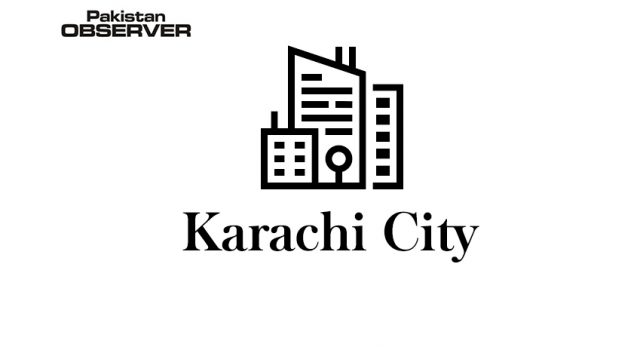The draft prepared for climate change policy has been finalized by Sindh Environment Protection Agency (SEPA).
It will be presented in provincial Cabinet soon for further deliberations and approvals.
The policy draft evaluates factors such as the effects of global warming and climate change in Sindh during the next three decades and consequent damages, potentially be borne by the province’s society, human population and economy.
Apart from this, it also includes the suggestions for what efforts that can be made in order to deal with the climate change.
SEPA has emphasised on urban planning and limiting rural to urban migration if a hike in unemployment, diseases and poverty has to be avoided.
Its policy draft declares water shortage as a major challenge in the future as the province’s water resources are shrinking and the requirement is increasing.
It suggests that Sindh faces a major climate change threats and challenges in the near future since the pattern of rainfall in the province is changing rapidly.
According to the draft, Sindh may witness unexpected rains in the autumn season in the coming years, posing biggest threat to the agriculture sector on account of unknown amount and pattern of these showers.
As per the draft, the frequency and duration of heat waves in Karachi and other cities are likely to increase gradually which would also harm the human resources as well as the agriculture.
Also, the unplanned constructions in the cities will take the level of air pollution up and natural disasters may occur in effect of imminent oceanic conditions.










